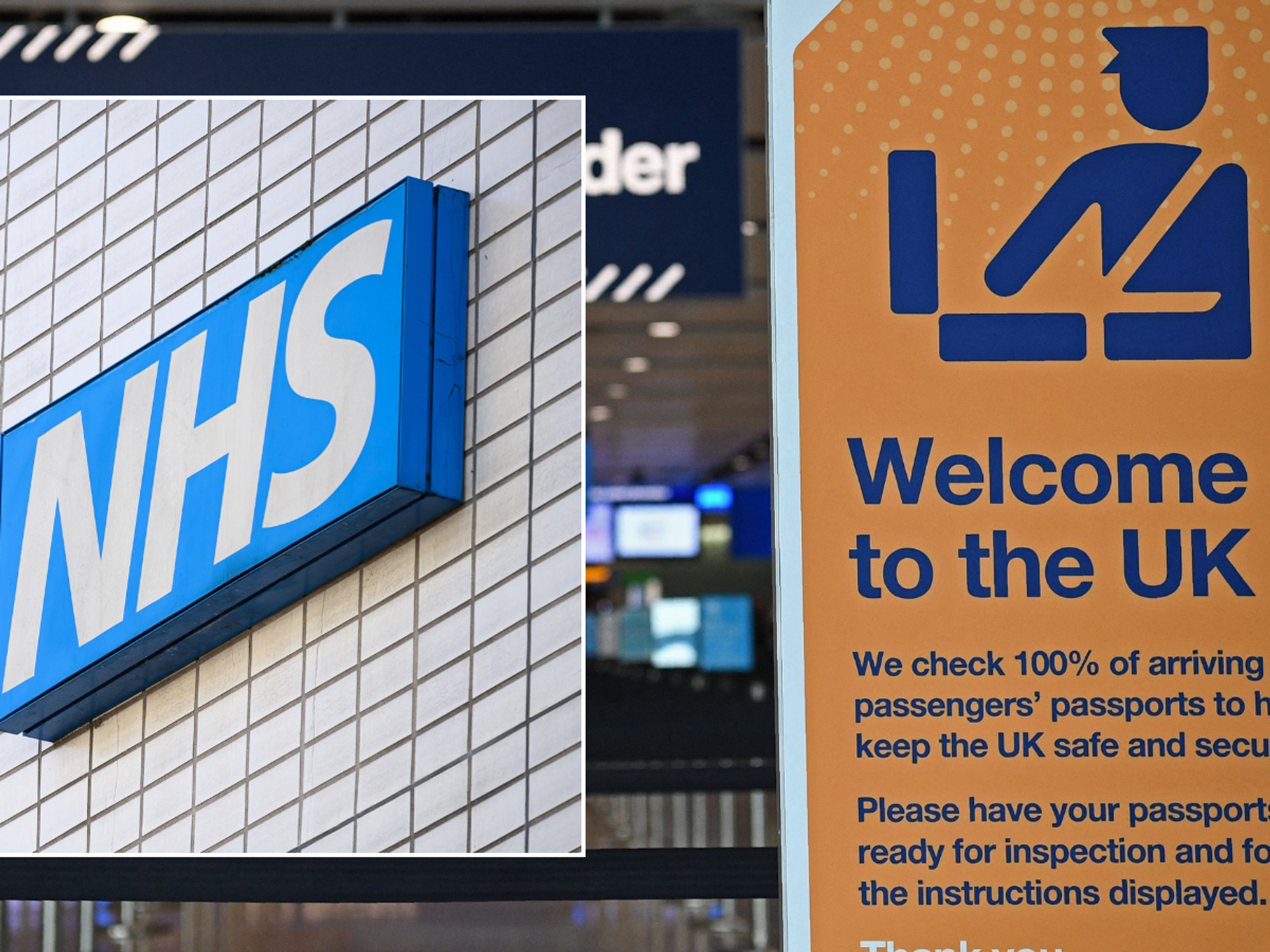Shock D-Day polling reveals stat we should all be ashamed of...
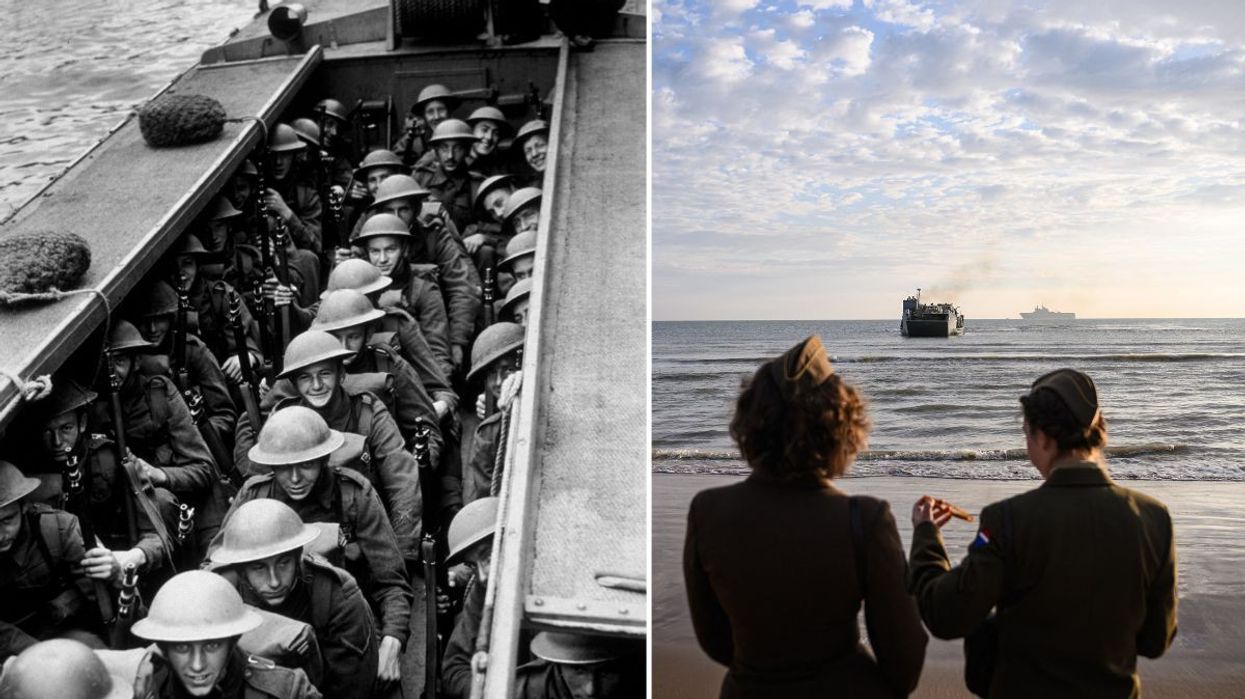
Men of the Royal Marines in 1943 (L) and two women dressed in military attire for D-Day commemorations in France on June 4, 2024 (R)
|Getty
Britain is celebrating the 80th anniversary of the D-Day landings on June 6
Don't Miss
Most Read
People polling for GB News revealed a shocking statistic about the British public’s knowledge of D-Day.
The People Polling survey asked GB News viewers what they thought D-Day usually refers to.
Britain is preparing to commemorate D-Day’s 80th anniversary, but polls show that Britons may not understand what they are celebrating.
The results show less than half of Britons know D-Day refers to the beginning of the Allied liberation of Europe.
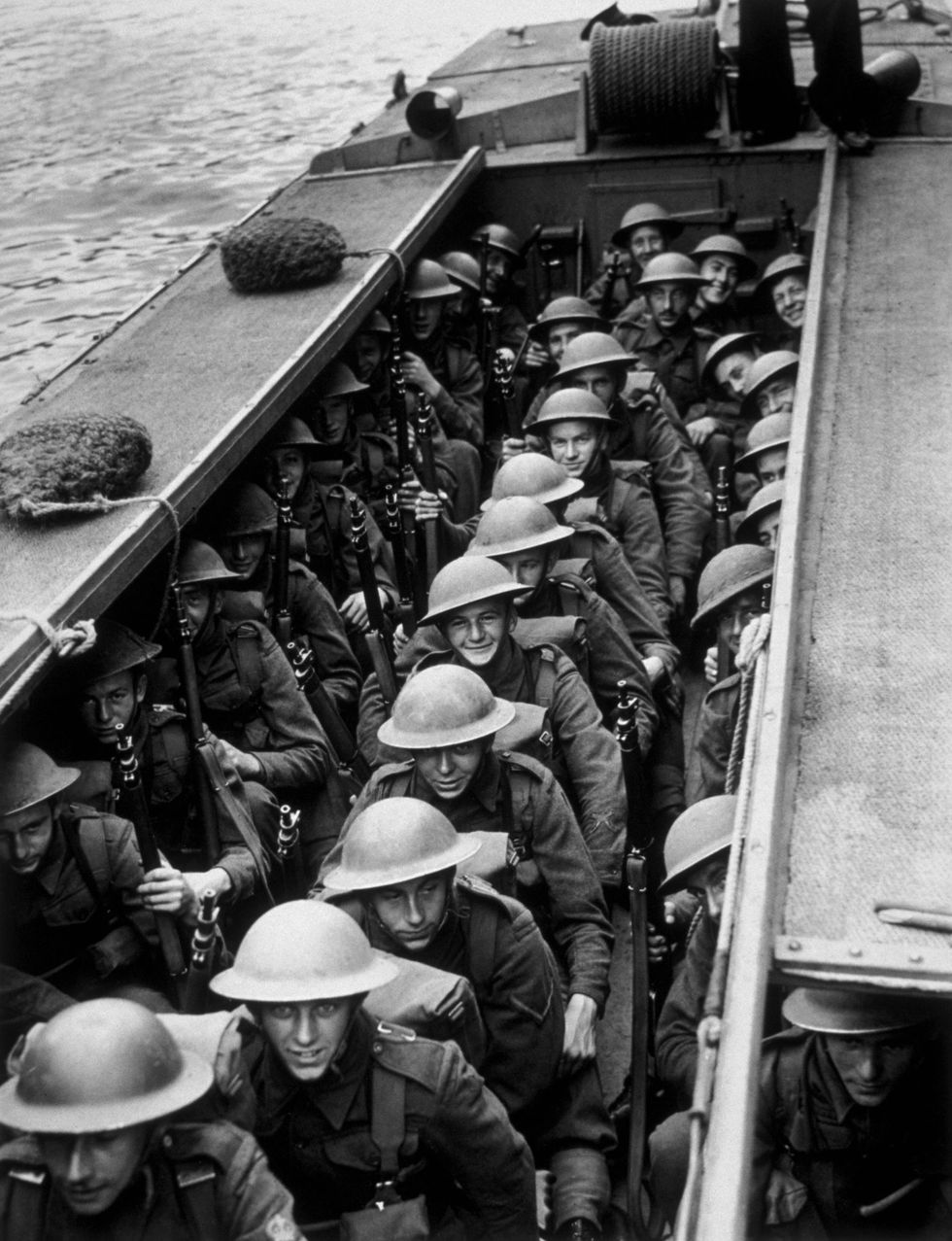
Men of the Royal Marines preparing to take part in invasion exercises in 1943
|Getty
Only 47 per cent of respondents knew that D-Day marked the start of Allied operations which would ultimately liberate Western Europe and end the Second World War.
Eleven per cent of those polled thought that it referred to Nazi Germany’s surrender to the Allied forces, also known as VE Day or Victory in Europe Day.
Another 11 per cent thought D-Day referred to the UK evacuation of France, known as the Dunkirk evacuation.
Commenting on the results, Professor Matthew Goodwin, the director of People Polling, said: “While the small numbers in our sample should be treated with caution, only 31% of 18-24-year-olds from Gen-Z correctly knew D-Day refers to the beginning of the Allied liberation of Europe.
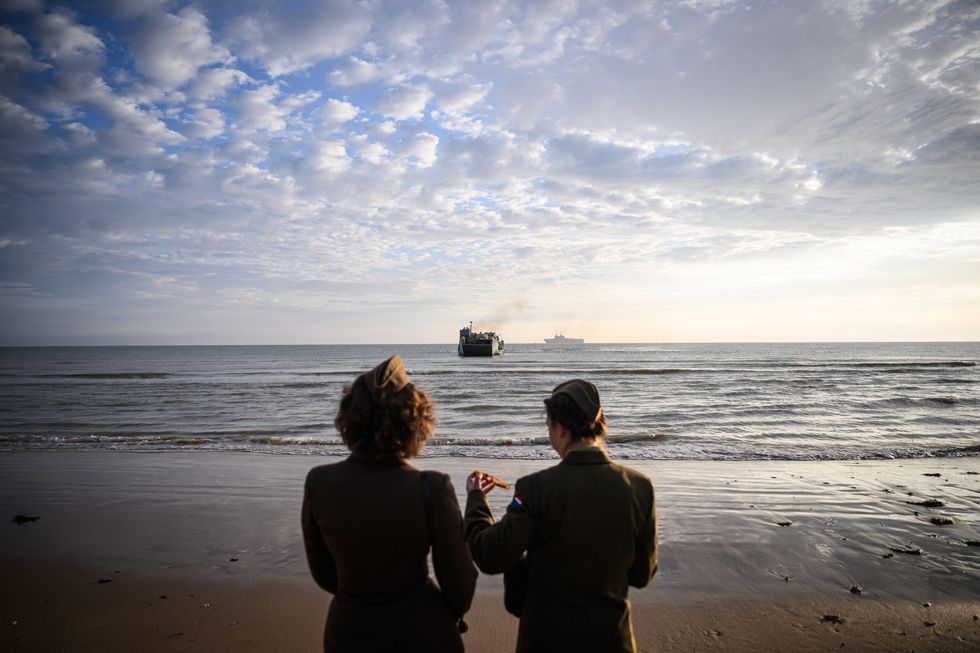
Less than half of respondents polled know D-Day refers to the beginning of the Allied liberation of Europe
|Getty
“Inevitably, this will raise questions about the teaching of history and the extent to which we are cultivating a strong sense of history and understanding.”
The D-Day landings took place on June 6, 1944 during World War Two and marked the biggest invasion by sea in history.
The landings, also known as Operation Overlord, took place after five years of war with Germany and at the time Nazi Germany had taken over nearly the whole of Europe.
Soldiers from the UK, the USA, Canada and other Allied countries landed on the beaches in Normandy in France to break through the German army’s defence.
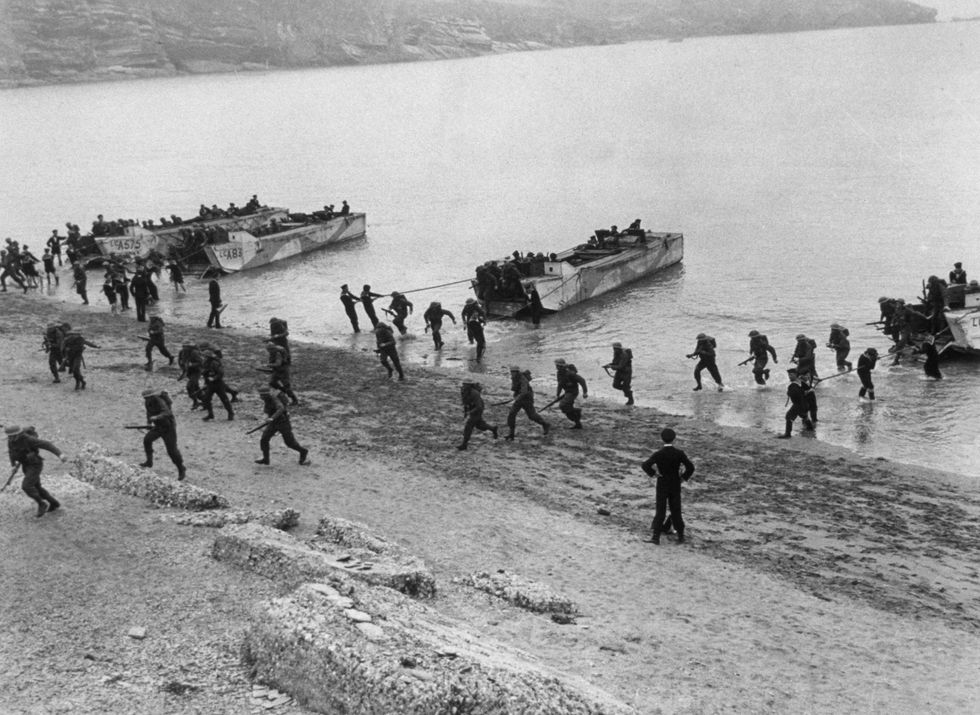
Troops coming ashore during training exercises for the Allied D-Day invasion in 1943
|Getty
The attack lasted for eleven months eventually leading them to Berlin, Germany.
D-Day is marked across Europe to pay tribute to the achievements and sacrifices of those who fought and died to liberate Europe during the Second World War.
LATEST DEVELOPMENTS:
The poll also found Britons trust neither Labour nor the Conservatives when it comes to defending them in a future world war.
When asked whom they trust more to defend Britain in a future war, Labour led at 21 per cent, followed by the Tories at 18 per cent.
However, 36 per cent said “none of them,” while a further 25 per cent said they "don’t know" suggesting that there is a lack of public trust in the government to lead Britain in a future war.






